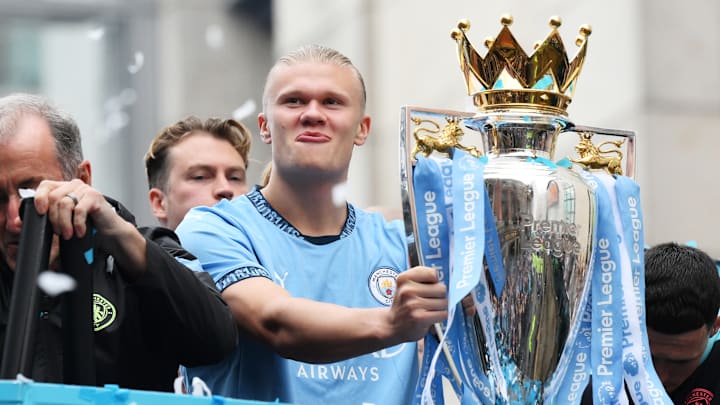The club, which has cemented its place at the top of English soccer with consistent successes and substantial financial investment, is now facing a legal battle against the Premier League. Manchester City has filed a lawsuit against the league, challenging the rules on transactions with associated parties (TAP). These rules, introduced in 2021 and recently reinforced, aim to regulate sponsorship deals between clubs and companies associated with their owners.
Manchester City's argument is clear: economic freedom is being curtailed by the league's regulatory intervention. They argue that sponsors should have the freedom to negotiate contracts without external interference, a stance that resonates with the liberal ideology valuing free trade and unfettered markets.
Follow The Top Flight on X (Twitter).
Behind this seemingly legal battle over economic freedom, there are nuances that cannot be ignored. Manchester City is owned by the Abu Dhabi United Group, an entity with close ties to the Gulf, and it is precisely this association that the Premier League seeks to regulate. The question then becomes: what is at stake here? Is it truly a fight for freedom, as City's representatives claim, or an attempt to curb the growing financial power and influence of Gulf entities in English soccer?
Modern soccer is increasingly intertwined with politics, power, and money. While some view foreign investment as a welcome boost to the sport, others fear it compromises competitive integrity and leads to an excessive concentration of power in the hands of a few.
In addition to the dispute over associated party transaction rules, Manchester City is also gearing up to defend itself against allegations of breaching Premier League financial rules, which could result in severe penalties, including hefty fines and even league expulsion. These accusations, which emerged after a four-year investigation, cast a shadow over the club's recent successes and raise questions about transparency and compliance with regulations.
